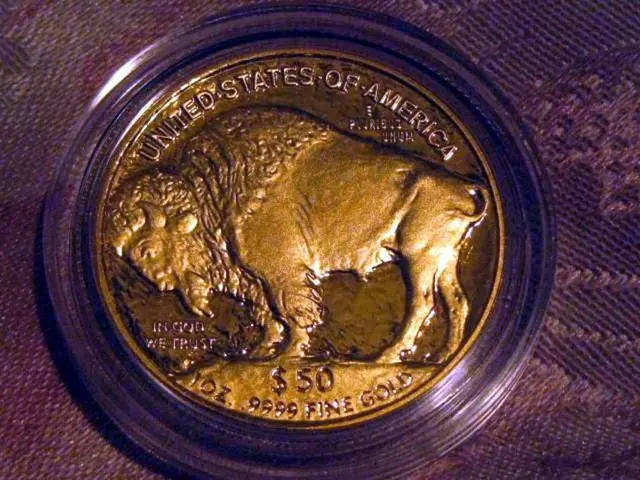Crypto Scheme Unravels: SEC Exposes Over $110 Million Deception in Unicoin's 'Asset-Backed' Assertions
U.S. Securities and Exchange Commission Takes Action Against Unicoin and Executives Over Alleged Crypto Fraud
The U.S. Securities and Exchange Commission (SEC) has filed a lawsuit against Unicoin, Inc., a New York-based cryptocurrency firm, and three of its top executives for violating federal securities laws in a purported $110 million fraud.
According to the SEC complaint, filed on May 20, 2025, in the U.S. District Court for the Southern District of New York, Unicoin and its leaders - CEO Alex Konanykhin, board member Silvina Moschini, former CIO Alex Dominguez, and general counsel Richard Devlin - misled thousands of investors by falsely advertising asset-backed tokens and SEC registration.
The lawsuit centers on the marketing and sale of "rights certificates," purportedly providing future Unicoin tokens, supposedly backed by diversified international real estate holdings and pre-IPO equity. However, the SEC asserts that only a minor fraction of the advertised assets existed.
Unicoin allegedly spun a narrative that its tokens were:
- Backed by numerous real estate properties and pre-IPO equities
- SEC-registered or otherwise approved by the U.S. government
- Part of a $3 billion funding round, when only $110 million was raised
These assertions created an impression of legitimacy and protection, prompting over 5,000 retail investors to invest.
Mark Cave, Associate Director of the SEC's Division of Enforcement, commented, "The real estate holdings Unicoin promoted were worth only a fraction of what was advertised, making this case about abused trust on a grand scale."
Unicoin's aggressive marketing campaign employed airports, New York City taxis, TV commercials, social media platforms, and other means to promote the investment as the "next generation of crypto," playing on the public's appetite for innovative and seemingly low-risk digital assets.
The SEC alleges that CEO Konanykhin himself sold over 37.9 million rights certificates to investors, some of whom were specifically prohibited from participating under existing exemptions.
If the court rules in the SEC's favor, Unicoin and its executives may face permanent injunctions, director bans, and substantial financial penalties, while the agency also seeks to recover the ill-gotten funds from fraudulent transactions.
General counsel Richard Devlin agreed to pay a civil penalty of $37,500 without admitting to any wrongdoing, underscoring the gravity of the situation and the SEC's determination to hold those responsible accountable.
The ongoing case is part of a broader effort by the SEC to establish clarity in the evolving cryptocurrency market. The agency's pursuit of Unicoin sends a clear message: it will not tolerate fraudulent asset representation or false SEC endorsement, particularly targeted at ordinary investors.
As the cryptocurrency industry continues to grapple with regulatory issues, the Unicoin case serves as a strong reminder that marketing hype cannot replace legal obligations and that the consequences of deception are becoming increasingly severe in the pursuit of credibility.
- The SEC has taken legal action against Unicoin, Inc., a cryptocurrency firm based in New York, accusing them of fraud involving $110 million.
- The lawsuit accuses the CEO, Alex Konanykhin, board member Silvina Moschini, former CIO Alex Dominguez, and general counsel Richard Devlin of misleading investors by advertising asset-backed tokens and SEC registration.
- The SEC contends that Unicoin's "rights certificates" were not backed by the advertised diversified international real estate holdings and pre-IPO equity as claimed.
- Unicoin's aggressive marketing campaign, which used airports, taxis, TV commercials, social media, and other means, presented the investment as the "next generation of crypto" to the public.
- If the court rules in the SEC's favor, Unicoin and its executives may face injunctions, bans, substantial financial penalties, and the recovery of ill-gotten funds.
- The ongoing case is part of a broader effort by the SEC to establish clarity in the cryptocurrency market, serving as a reminder that marketing hype cannot replace legal obligations, and that deception in the industry will be met with increasingly severe consequences.








